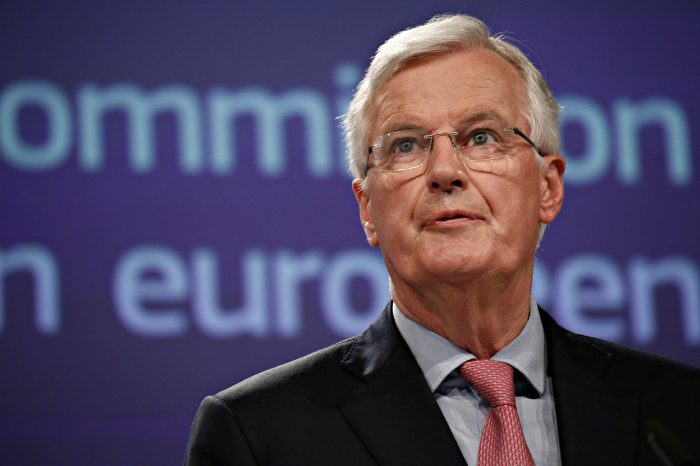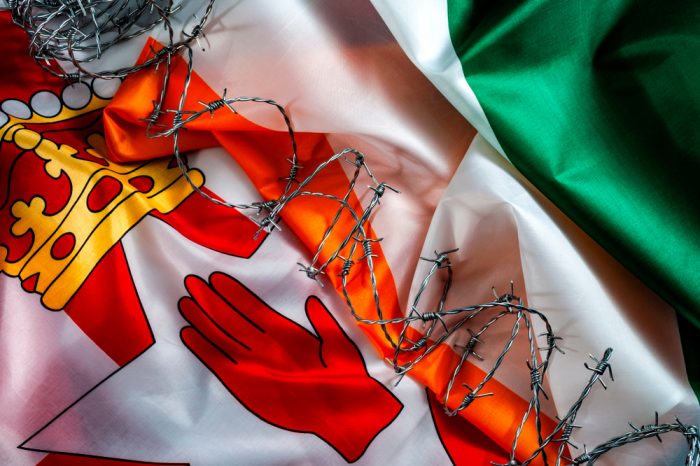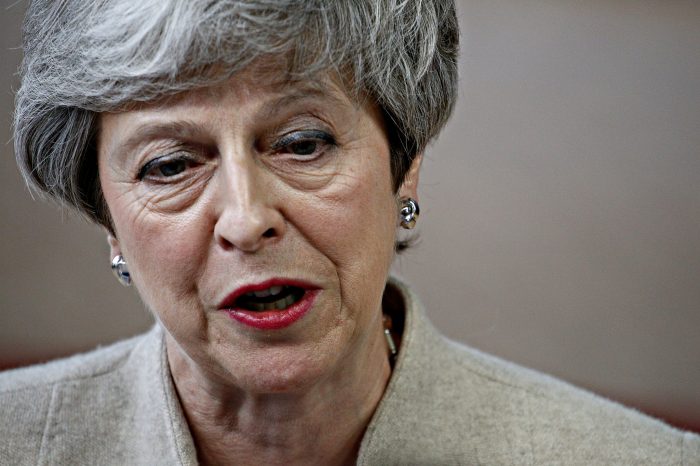The big EU-UK question
Does the BREXIT negotiating strategy being adopted by our Government stand much chance of success?
The government is exuding a great deal of confidence about the future outcome of its negotiations to leave the European Union (EU). It would be nice to think we can believe its claims, but we need to ask whether they are realistic or whether we should instead be adopting a different, less ambitious, less complex, novel and consequently less risky, approach.
Whilst predicting the future is always guesswork, we should at least attempt to identify the major ‘showstoppers’ and risks to a successful outcome. To put it another way, we must consider some really important underlying assumptions which will need to be right or we could face a potential disaster. We can but hope that this has already been done by the government already as a preliminary to setting negotiating goals and working out our Prime Minister’s winning strategy.
This list is not necessarily exhaustive but includes some significant underlying assumptions upon which is predicated the success or failure of our BREXIT negotiations:-
- That pragmatic enlightened flexible mutual self-interest will prevail in the EU hierarchy;
- That rational economic considerations override EU political priorities or malice;
- That UK’s loss through failure to reach a trading agreement is EU’s loss as well;
- That Mrs May can set the EU’s negotiation strategy;
- That The World Trade Organisation (WTO) option for trading with the EU is viable;
- That negotiating team and administrative arrangements can be adequately resourced.
Let us consider these assumptions in order:-
(1) – The EU hierarchy does not have a great history of actions based on pragmatic enlightened flexible mutual self-interest, but rather the opposite. It has its ideological goals (e.g. increasing Superstate centralisation) which are unremittingly pursued whatever the undesirable consequences. It has inflexible, slow bureaucratic processes and procedures; it is somewhat dominated by the German – French duopoly. The final deal will be further complicated by the Byzantine high level process involving the vote of the (presently somewhat posturing and hostile) European Parliament and unanimous agreement of all the 27 remaining Member States (presumably pursuing their own self-interests, such as Spain over sovereignty of Gibraltar).
(2) – The EU’s political priorities and ideology have traditionally overridden economic considerations. Consequently, for example, the relentless economic hardship imposed on the southern European member states, Greece in particular, by the Euro. It is claimed that the austerity imposed on Portugal was a signal to larger economies like Italy that they must tow the German line. Usually the EU takes years to negotiate free trade agreements (FTAs) largely because their scope extends far beyond purely trade considerations to include ideological and political features.
(3) – The EU could actually profit at the UK’s expense from a failure to agree a free trade agreement. Over the years, the EU has encouraged the transfer of economic activity from the more advanced Member States to the less developed, often through financial inducements. The EU’s Customs Union is also inherently protectionist, erecting barriers to imports from third countries. Whilst there are likely to be some business losers, overall EU economic activity could remain the same, and there would be some winners, even in the UK, such as firms able profitably to expand in their protected EU home market.
(4) – There is limited scope to influence the EU’s negotiation strategy or priorities in favour of the UK’s interests. Commonly in contractual arrangements, money and concessions flow from the weakest – or more desperate – party to the strongest or more indifferent. Over the years the UK has not had that much influence in the corridors of EU power to protect its interests. Leaving must inevitably reduce influence rather than strengthen it especially where any malevolence, greedy envy or dishonesty towards the UK is to be found.
(5) – Trading with the EU under WTO rules is more problematic than closely integrated trading as part of the Single Market – and in some instances, impractical or uncompetitive. The EU’s Customs Union operates tariffs and effectively non-tariff barriers (rules, regulations, inspections, approvals, standards, etc.) to outside imports from third countries, which the UK would become. WTO rules do not change this situation, and even a free trade agreement may not help much where EU-imposed conditions are impractical to follow.
(6) – The resources needed to negotiate – and in particular to protect our interests and not be ‘taken for an EU ride’ – have to be built up quickly and without in-fighting. Also, after leaving the EU, its Customs Union and the Single Market, the additional administrative arrangements here and in the EU, such as customs clearance or inspections, have to be in place and running smoothly. Unfortunately, over the years the UK has lost much expertise and knowledge of administrative systems thanks to the transfer of competences to the EU or the operation of the Single Market, whilst the world of intra-EU Member State trade has moved on with increasing volume and complexity. Additionally, the UK Government has a poor record with large, complex projects – especially relating to information technology.
————————————————————————————————————
In summary, consideration of these assumptions gives some indication of how risky Mrs May’s planned BREXIT strategy is if we are to take it at face value. There exists a significant likelihood of it being ‘derailed’, or at least not turning out as expected. These six points are obvious areas for concern. Assumptions, if incorrect, cannot be changed, but we can however change our response before and hopefully well before, the worst happens.
There is more than one path for leaving the EU, whilst retaining a satisfactory trading relationship; perhaps our prime minister has something up her sleeve. It is not impossible that as an interim solution, she may be considering temporary membership of the European Free Trade Association (EFTA) which would give us continued access to the European Economic Area (EEA) while still allowing us to leave the political clutches of the EU. This route would allow the UK to control levels of EU migration through unilaterally enacting the Safeguard Provisions in Article 112 of the EEA Agreement. Remaining within the EEA (UK is currently a member through being in the EU) would retain trading continuity with the EU with the least disruption. Given a choice negotiating with future friendly EFTA partners is more attractive than negotiating with somewhat disgruntled soon to be ex-EU partners.







